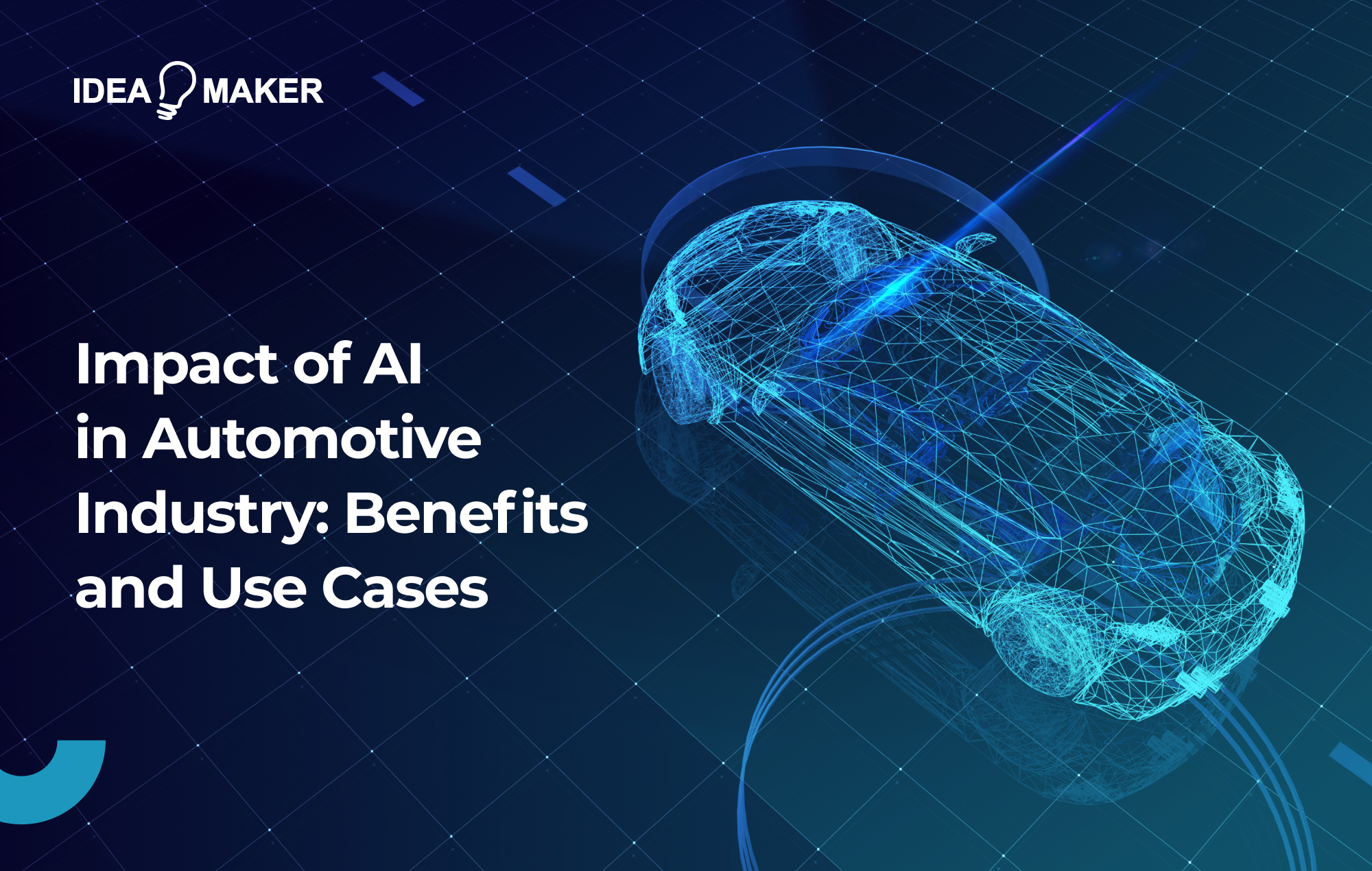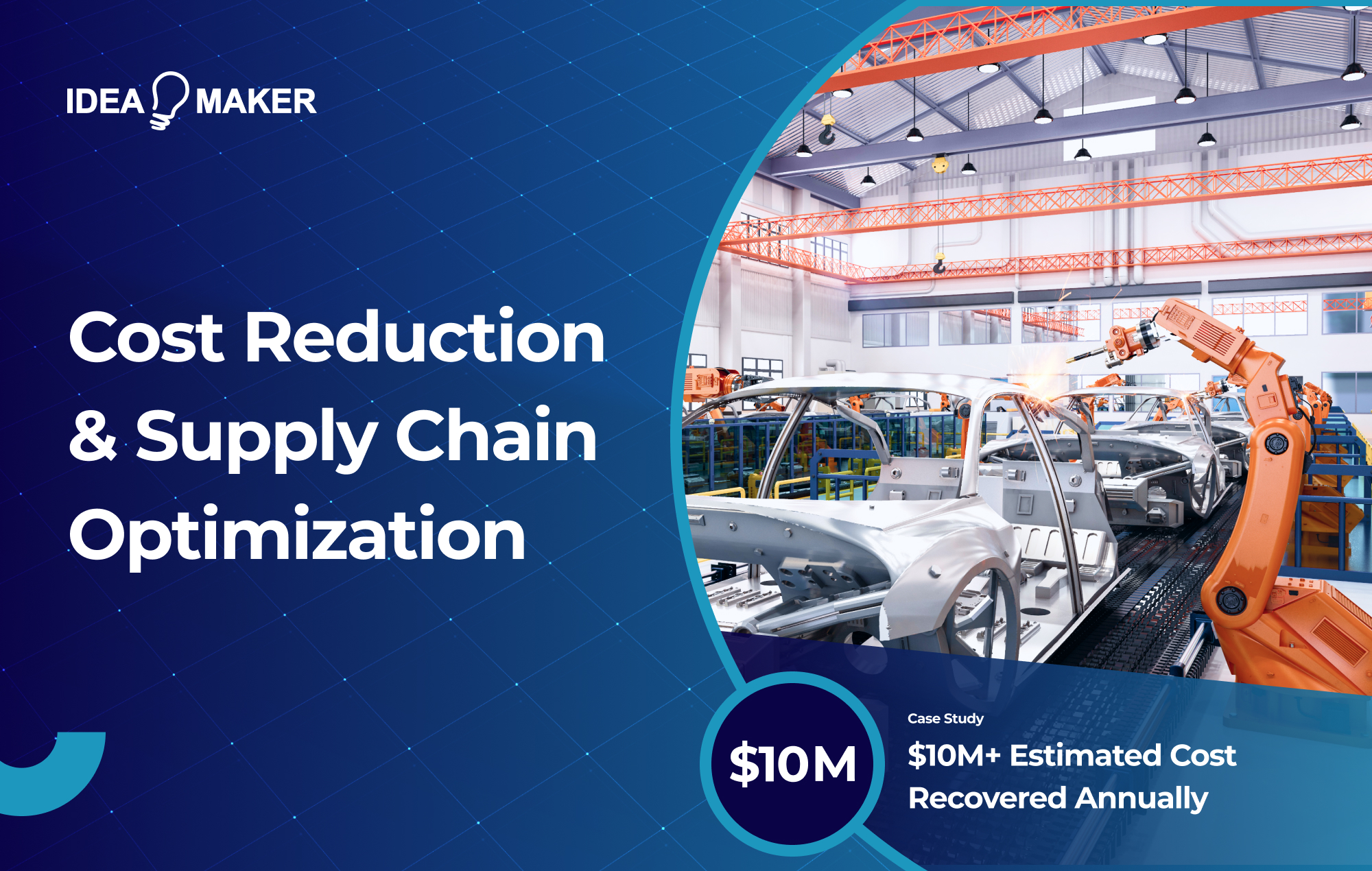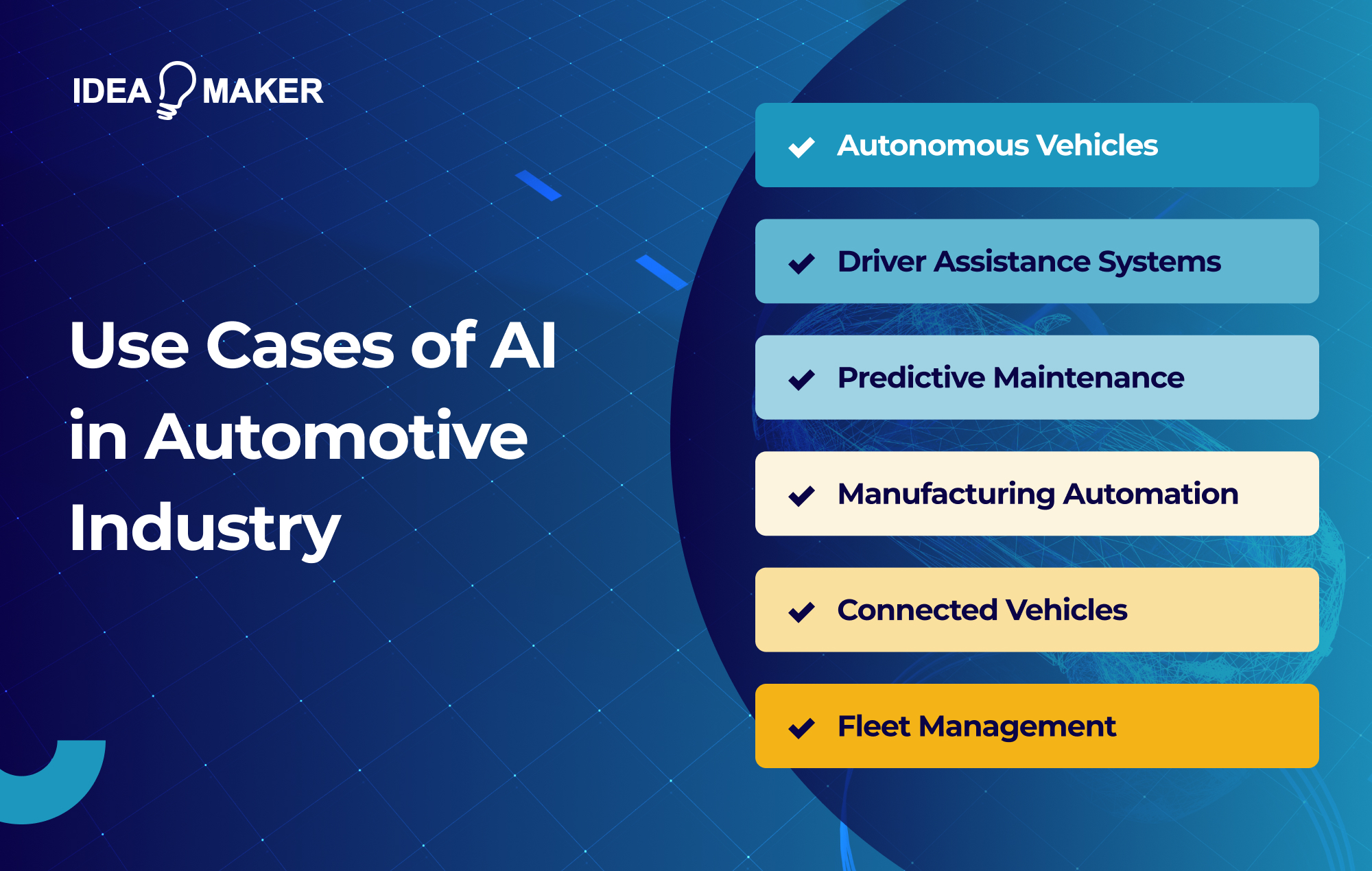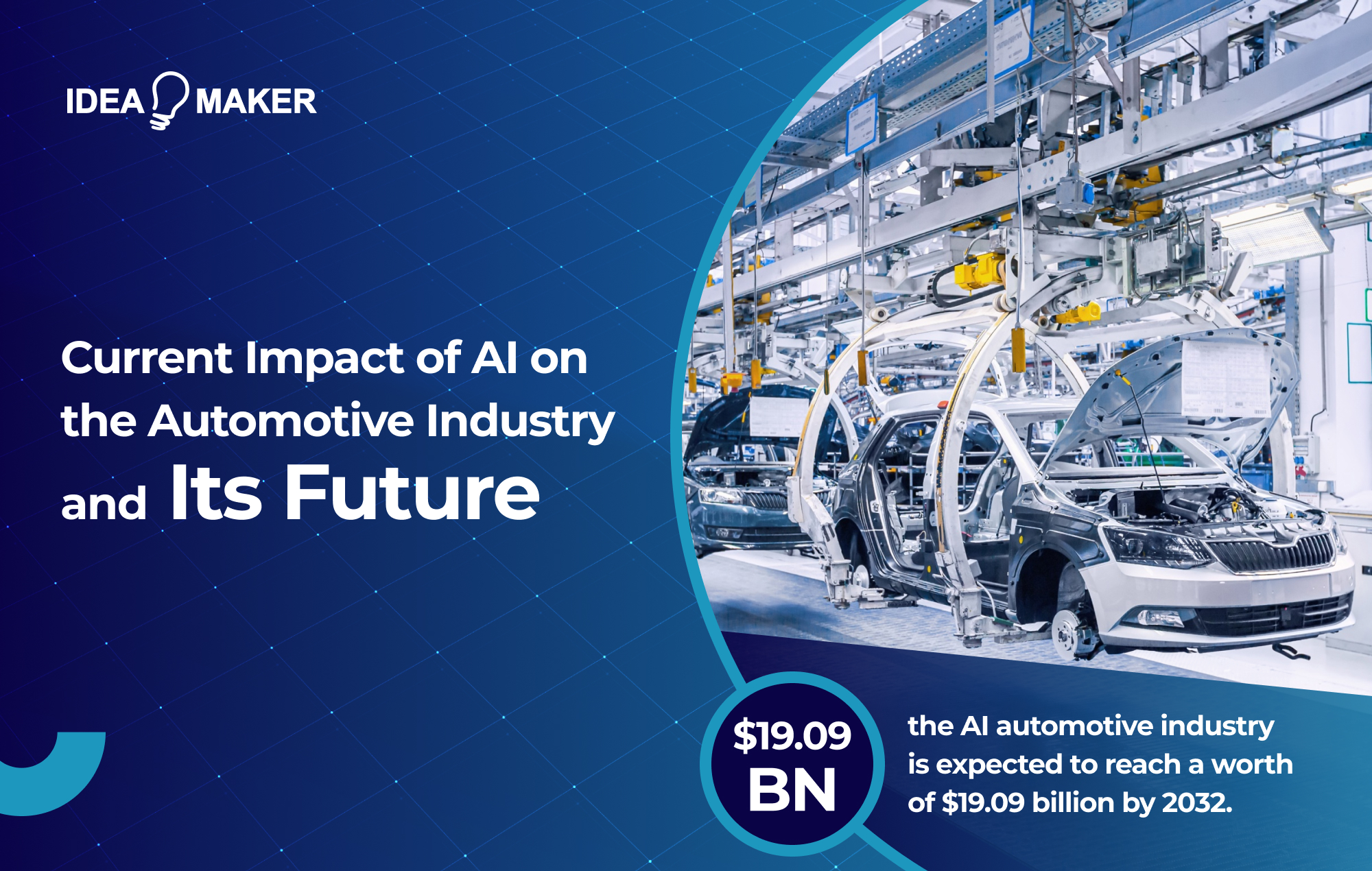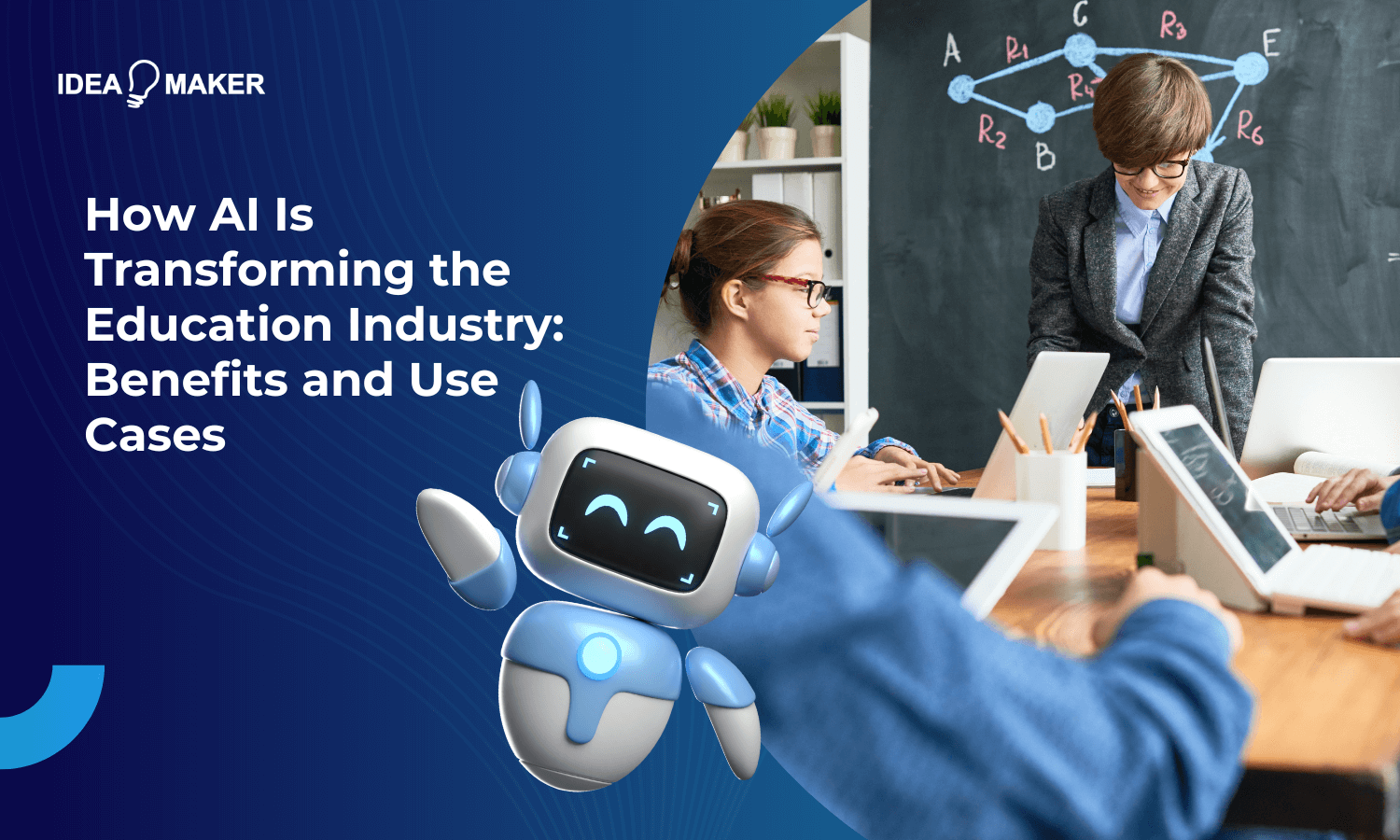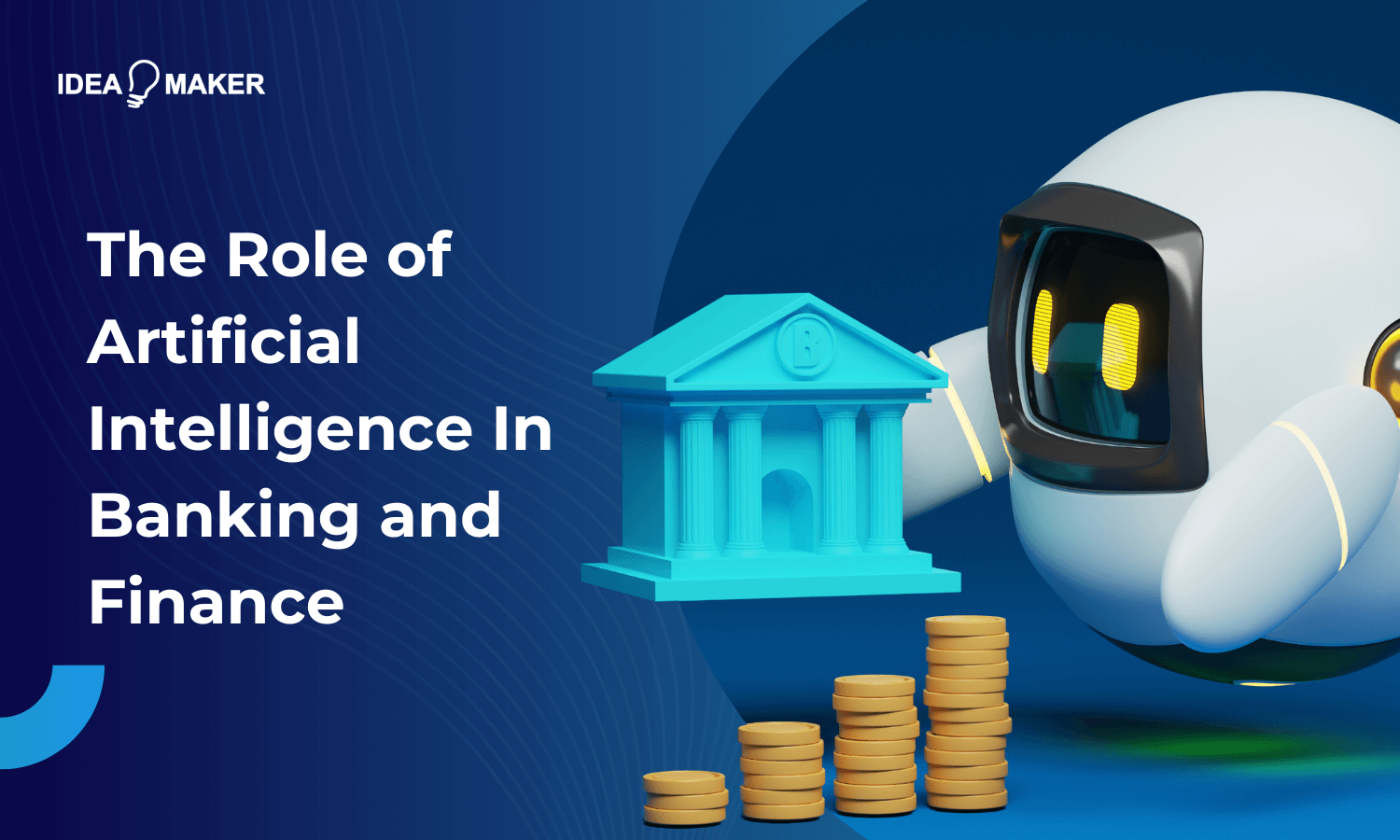It’s probably not surprising to learn that artificial intelligence is widely used in the automotive industry. The technology provides auto manufacturers with a great deal of benefits and use cases. However, with so many options comes decision paralysis, and it can be hard to understand how best to apply the technology to your business.
If you want to integrate AI into your automotive company but are unsure where to start, you’re in the right place. This article explores AI in the automotive industry, its use cases, and its advantages, giving you an excellent jumping-off point. Keep reading to learn more.
Table of Contents
Benefits of AI in Automotive Industry
AI technology brings many benefits to the automotive industry for manufacturers and drivers alike. With its complex functionalities and backend technology, artificial intelligence integration brings advantages such as enhanced safety, increased efficiency, and reduced environmental impact. As an already trail-blazing industry with AI, automotive companies stand to quickly boost sales and improve production lines.
Enhanced Safety
The automotive industry can use artificial intelligence to enhance safety for production workers and drivers.
Let’s start with production workers. Using computer vision technology–a form of AI that allows machines to see like humans–production lines can be monitored for potential safety issues. For example, computer vision can watch the positioning of automotive workers and automatically shut down machinery if a body part becomes too close to certain mechanisms.
Additionally, using historical maintenance data, AI can predict when equipment will likely malfunction, causing safety concerns (we’ll explore this more later).
In terms of driver safety, artificial intelligence can be implemented into car computer systems. Once again, leveraging computer vision, AI in cars can perceive hazards, identify mechanical and computational faults within the vehicle, and act accordingly. This may be as simple as advising the driver to stop at the nearest garage or as complex as adjusting the car’s configuration settings.
AI has a huge potential to reduce car accidents, with autonomous vehicles already seeing 2.3 times fewer crashes per 4.62 million miles than conventional cars.
Increased Efficiency
AI models can be leveraged to analyze production lines to identify inefficiencies and trends that may cause manufacturing delays. This is achieved through advanced data processing and analysis. For example, if weekly production data fails to meet manufacturing expectations on certain data, AI algorithms will analyze those days and identify the issue.
For example, it may be that a particular employee is working significantly slower than the rest of the team, or certain machines tend to malfunction at regular intervals, causing ongoing delays.
Cost Reduction & Supply Chain Optimization
By identifying inefficiencies, improving safety, and affording automotive manufacturers the many benefits featured on this list, it’s possible to significantly reduce costs. In the UK, it’s predicted that AI could save car manufacturers £40k per year. However, this is a conservative estimate–looking at the wider manufacturing industry suggests that it could save millions of dollars thanks to inventory management.
By analyzing historical stock levels and typical production requirements, AI inventory management systems can streamline your ordering process by accurately forecasting what parts you need and when. This helps automotive manufacturers prevent stock surpluses while maintaining stock at an operational level. Automotive manufacturers are poised to further reduce costs with more efficient inventory management.
Improved Customer Experience
In a busy manufacturing environment, customer service is challenging and resource-draining, yet it is essential. Customer service is a common use of artificial intelligence, employed by many types of businesses across several industries. AI-powered customer service chatbots allow businesses to provide high-quality, humanlike service without investing in expensive customer service teams.
What’s more, with AI service chatbots, customer service is available 24/7, meaning that customers can approach the business whenever it suits them. This results in an enhanced customer experience which, as is common knowledge in business, encourages repeat customers and ensures a positive reputation.
Environmental Impact
Cited as a contributor to climate change, car manufacturers are under constant pressure to improve emissions. In fact, 70% of greenhouse gasses can be attributed to fossil fuels, which the majority of cars still run on. With AI-powered technology, driving patterns can be analyzed and optimized, helping people drive more economically and reduce emissions.
This technology can be applied to gas and electric vehicles. In addition, in the case of electric vehicles AI analysis can reduce the frequency of charges making them a more appealing option to customers.
Enhanced Driving Experience
Integrating artificial intelligence with electronic car systems gives the technology access to configuration settings. As a result, the AI can learn how a person drives and modify the car’s driving process accordingly. For example, if a driver tends to pull away too quickly, the car’s AI system could learn this and mitigate the effects. This makes driving a much smoother and more pleasant experience, and uses fuel more economically.
Insurance Benefits
As you know by now, artificial intelligence is particularly deft at data processing, and car insurance companies rely heavily on driver data. For example, if you purchase a red car and insurers find that people with red cars have disproportionately more crashes, your insurance rate will increase.
By integrating AI into their data processing operations, insurers can more accurately determine car insurance rates. This will help to benefit safe drivers and therefore encourage safe driving while penalizing dangerous driving.
Quality Control in Manufacturing
Artificial intelligence can be used to improve quality control processes during manufacturing. For instance, the industry can leverage computer vision to analyze parts manufactured for any obvious physical defects. This means fewer workers are needed to review products at the end of the production process, saving time and labor resources.
Use Cases of AI in Automotive Industry
While we’ve discussed a handful of AI use cases while exploring the benefits of AI in the automotive industry, let’s take a closer look at how the technology can be used.
Autonomous Vehicles
You’ve undoubtedly heard of the emergence of autonomous vehicles, that is, self-driving cars. In fact, we briefly mentioned them earlier in this article. Of course, the front runner in this industry is Tesla which to date has not yet fully rolled out their vehicles to the public. Using artificial intelligence technology, these vehicles can perceive hazards on the road and maneuver the car accordingly, essentially allowing them to react like humans.
The primary technology behind this is computer vision. It’s hoped that one day, humans will no longer need to drive themselves; autonomous vehicles will become smart enough to safely transport us. While we’re not quite there yet, autonomous vehicle manufacturers are certainly on their way.
Driver Assistance Systems
Taking elements of autonomous vehicles, we have driver assistance systems. We touched on these earlier, too, when discussing how artificial intelligence can enhance the driving experience and reduce emissions. Essentially, these systems provide a helping hand to drivers, ensuring that their driving experience is safer and more efficient.
Predictive Maintenance
AI and machine learning algorithms are great at spotting trends within data, which makes them perfect for predictive maintenance. By analyzing historical data, AI algorithms can accurately identify when manufacturing machinery is likely to break or need a service. They can also monitor the machine’s internal components, identifying problem areas such as lack of coolant or maneuverability issues.
By integrating AI-powered predictive maintenance technology into their production processes, car manufacturers can improve their efficiency by reducing production delays and increasing employee safety. Ultimately, this leads to a safer, more productive, and profitable work environment.
Manufacturing Automation
While some manufacturing jobs will always need human oversight or ‘hands-on’, some production line processes can be fully automated. This can include everything from quality assurance and maintenance to customer service. Using AI, allows auto manufacturers to retain a humanlike approach to manufacturing parts, by training AI algorithms to produce parts based on real employee data.
Connected Vehicles
Have you ever heard of the Internet of Things (IoT), where multiple computer devices can communicate with one another? Connected vehicles offer a similar principle: a car’s computer can connect with external and internal systems. For instance, connected vehicles can communicate with the steering wheel or brakes to make driving adjustments.
Artificial intelligence elevated connected vehicle technology by analyzing how car components interact with one another, enabling clear communication and optimized results.
Fleet Management
A fleet of vehicles comes with a whole host of administrative duties, from making sure all vehicles are properly secured to ensuring drivers adhere to company standards. Using artificial intelligence, businesses can automate many managerial and administrative processes, easing the burden of managing a fleet of vehicles.
Bespoke AI management tools can be created with relevant features, or existing project management applications integrated with AI can be utilized.
Current Impact of AI on the Automotive Industry and Its Future
Artificial intelligence has existed within the automotive industry for quite some time, making cars safer and more pleasant to drive while also streamlining production. The technology has undoubtedly elevated the automotive industry by allowing manufacturers to take advantage of the above benefits and use cases. In fact, the AI automotive industry is expected to reach a worth of $19.09 billion by 2032.
How Idea Maker Can Help Transform Your Automotive Company With AI
At Idea Maker, we have a dedicated team of expert artificial intelligence developers ready to integrate impressive machine-learning technology into your automotive company. No matter which part of the automotive industry you operate, whether customer care or manufacturing, we’ve got the tools to elevate your workflow. From improved vehicle computer systems to predictive maintenance on the production line, experts at Idea Maker have you covered. Schedule a free consultation with us today to get started.
